Veterinary Care at Manali Strays
Before Manali Strays, there was no veterinary care for street animals to be treated, and certainly nowhere for them to stay while they recovered.
Manali Strays employs its own veterinarian and paravets. One of our founders is also a paravet and another has a PhD in immunology. Therefore, collectively we have a substantial amount of knowledge and years of experience to treat the animals under our care. Our staff are trained in the “Fear-Free” method of care and use this to ensure the least stressful experience for any animal receiving treatment.
Veterinary care is at the forefront of Manali Strays’ work. Street animals will always get sick and injured, just like pets and people. However, they don’t have the luxury of having somebody to take them to the vet. This is why co-operation between the local community and an animal rescue organisation like Manali Strays is so crucial.
Veterinary Care for Street Animals
Road traffic accidents, parvo virus infection, severe maggot wounds, tick fever… these are just some of the problems that stray animals face while living on the streets.
Although it is preferable to treat an animal in its home territory, cases that require more intensive treatment and round the clock care must be rescued and transferred to our hospital. Here they stay until they have fully recovered and are then sterilised and vaccinated against rabies before being returned back to their own territory.
For more details about where our inpatients stay while being treated at Manali Strays, take a look at our facilities.
Sheffi before...
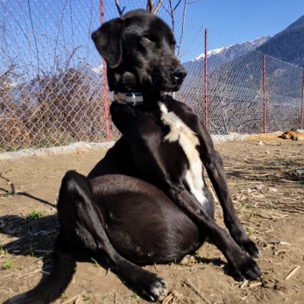
Sheffi after...
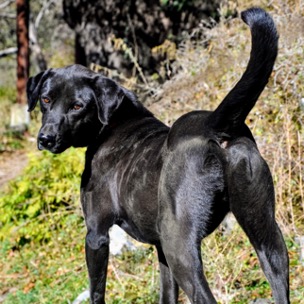
Sheffi has ascites, fluid accumulation in the abdominal cavity, which requires sophisticated diagnostics to work out the underlying cause. We are working on acquiring a full diagnostic suite to help us better diagnose all of our patients.
Bonita before...
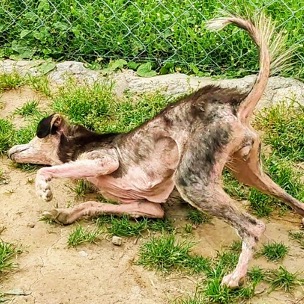
Bonita after...
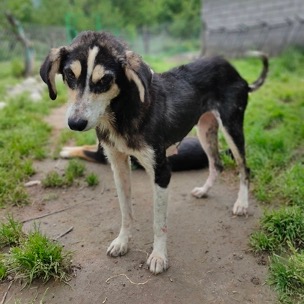
Skin conditions are extremely common among street dogs. One of the most prevalent is demodectic mange (as seen here in Bonita). However, people still misdiagnose many dogs with mange, when in fact they have flea allergy dermatitis.
Fluid therapy
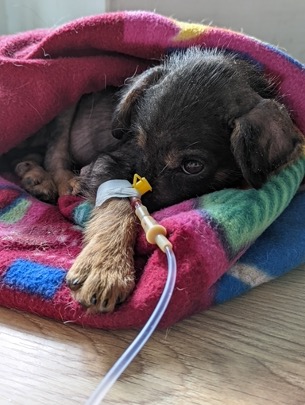
Puppies are the most vulnerable, and when they fall sick, they need intensive veterinary care if they are to survive. Appropriate fluid therapy is the mainstay of treatment for many diseases, with the correct type, volume, and frequency being vital.
Veterinary Care for Pets
Although, it was never our intention, Manali Strays has become the go-to place for pet parents for people as far away as Kasol and Keylong. After starting in 2019, word spread about our work with the street animals and soon people were bringing their pets to Manali Strays for treatment.
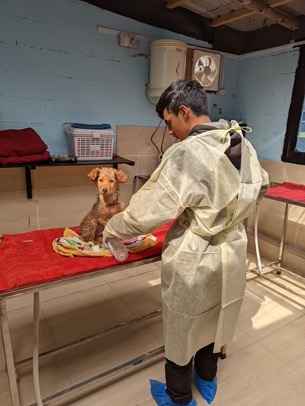
We see a huge number of puppies with parvo infection being brought to us for treatment. Therefore, we built a separate isolation room to treat them in. Infection control is vital in a hospital setting.
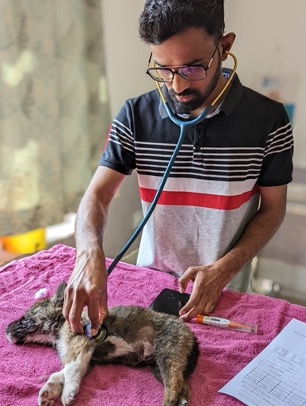
Our treatment room is where pets are seen by our trained veterinary staff. Here we treat anything from TVT, maggot wounds, fractures, perform general health checks and administer vaccinations.
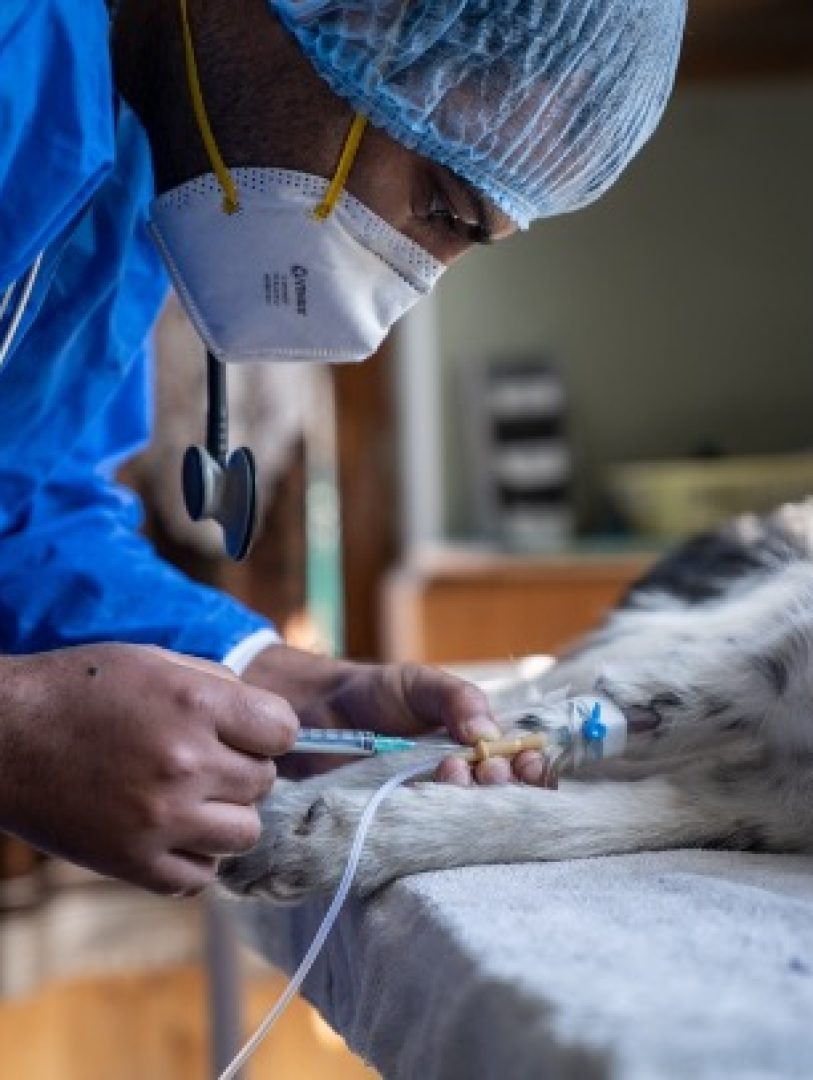
Our surgical suite allows our surgeon to carry out one of our most important services – animal birth control. In addition a variety of general surgery procedures are regularly performed.
Mobile Clinic
Being able to treat animals in their home environment is less stressful for the animal, so is the preferred option when it is feasible. Manali Strays runs a mobile clinic service, where we attend to animals in their home location. This often means doing follow-up treatment for a period of several days. In these instances, the help of the community goes a long way.
Treating the animals requires the purchase of medicines and medical supplies.
For example, to treat an infected wound, we need: antiseptic solution, iodine solution, cotton, syringes, needles, gauze swabs, gloves, antibiotics, pain medication, sedative,
The monthly cost of medicines used by Manali Strays to treat medical conditions is currently 30,000 INR (approx. £300). To help us keep a supply of medicines used to treat sick and injured animals, you can donate to us.

